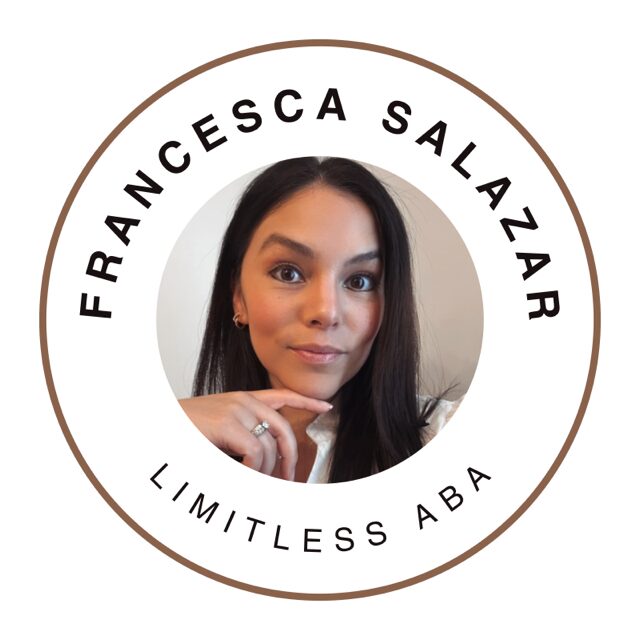We recently connected with Francesca Salazar and have shared our conversation below.
Francesca, we’re thrilled to have you sharing your thoughts and lessons with our community. So, for folks who are at a stage in their life or career where they are trying to be more resilient, can you share where you get your resilience from?
I believe my resilience is rooted deeply in my upbringing, which wasn’t always easy. From a young age, I experienced challenges that shaped how I respond to adversity. In third grade, I had really long hair, and a girl in my class wrote a disturbing story about cutting it off and stabbing me with the scissors. That moment stuck with me—not just because of the story, but because I watched my parents step in and fiercely advocate for me.
A couple years later, in fifth grade, I had a teacher who assigned so much homework that I was working straight from the time I got home until 8 PM every night. Again, I saw my dad confront the situation head-on, making sure my voice and well-being were considered.
High school brought even more personal challenges. My locker was vandalized with slurs like “spic,” “border hopper,” and “dirty Mexican.” It was a moment that could have broken my spirit, but instead I saw my parents raise hell—once again, advocating for me and making sure there were consequences and change.
At the same time, I watched my father battle both mental health struggles and, later, cancer while I was in college. Despite everything, his faith and strength never wavered. He showed me what true resilience looks like—staying grounded, continuing to fight, and still showing up for others even when life is at its hardest.
So my resilience comes from that legacy. From enduring difficult experiences and always choosing to keep going. From watching my parents stand up for me when I couldn’t, and learning how to stand up for myself and others now. It’s not just about bouncing back—it’s about pushing forward with purpose, even when the odds aren’t in your favor.
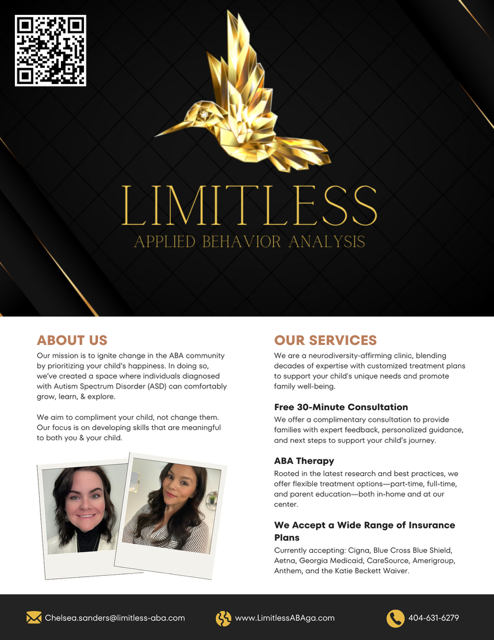
Appreciate the insights and wisdom. Before we dig deeper and ask you about the skills that matter and more, maybe you can tell our readers about yourself?
I’m a Board Certified Behavior Analyst (BCBA) and the founder of my own ABA company here in Georgia. I started this company because I saw a real gap in our community—services for neurodivergent individuals were either subpar or, in the rare cases where they were excellent, the clinicians delivering that care weren’t being treated or paid fairly. I knew there had to be a better way.
What makes my work exciting is that it’s not just about providing behavior therapy—it’s about restoring dignity to a science that has too often been misunderstood or misapplied. Every plan we create is individualized, every client’s happiness is central, and every decision is made with intention and care. We’re not just raising the bar—we’re redefining what quality ABA care should look like in Georgia.
Even more exciting is the movement we’re building. Quality clinicians are joining in, stepping up, and challenging the status quo. We’re also helping other ABA companies learn how to build businesses driven by culture—hiring for values, not just credentials, and creating spaces where clinicians feel valued, supported, and inspired. We’re even presenting to large ABA business owners with the goal of influencing the industry as a whole, because when clinicians are happy, their clients thrive.
Our brand is rooted in one principle: do the right thing, always. Whether it’s advocating for our clients, uplifting other providers, or reshaping how the neurodivergent community is treated and respected—we’re here to make lasting change, and we’re just getting started.
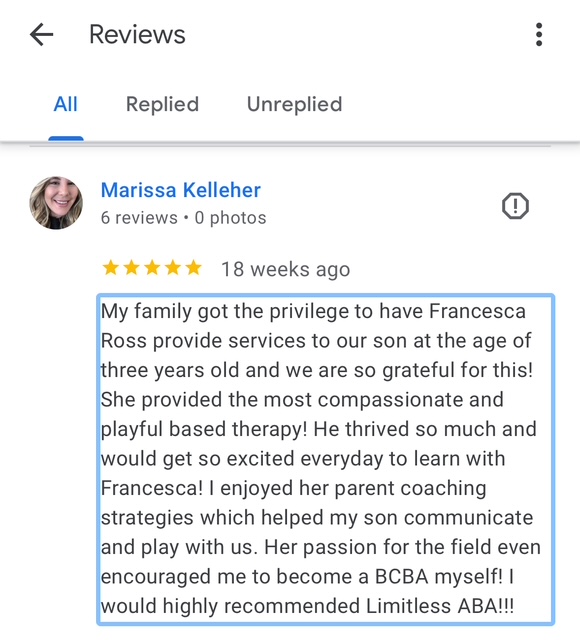
If you had to pick three qualities that are most important to develop, which three would you say matter most?
Looking back, the three most impactful qualities in my journey have been flexibility, perseverance in the face of failure, and a deep willingness to learn. These weren’t just helpful—they were essential.
When we started building Limitless, we spent two full years in development before we ever launched. Every time we thought we were ready, our mentors would challenge us, revealing blind spots we didn’t even know existed. That forced us to dig deeper, to become students again, and to expand our knowledge in areas that had nothing to do with clinical work—credentialing, billing, leasing property, eligibility checks, building proformas, and more. We had to wear so many hats, and flexibility became our survival skill.
At the same time, life didn’t pause. We were navigating real, personal challenges—loss of loved ones, relationship struggles, parenting, even housing instability. But we kept going. Because when you’re truly committed to your mission, quitting isn’t an option.
My advice to those early in their journey? Get crystal clear on your why. Know your mission, your vision, and your values inside and out. When those things are rooted deeply in you, you’ll have the energy to keep learning, the grit to push through hard times, and the flexibility to pivot when things don’t go according to plan—which, spoiler alert, they rarely do.
If you can tap into your passion and stay aligned with your purpose, that energy will trickle down into your team, your work, and your impact. Get clear, stay committed, and you’ll be unstoppable.
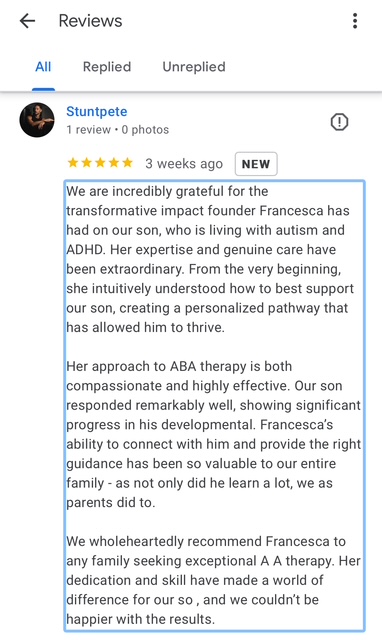
Okay, so before we go, is there anyone you’d like to shoutout for the role they’ve played in helping you develop the essential skills or overcome challenges along the way?
This is definitely a multi-faceted question because I’ve been fortunate to have support from different people in very meaningful ways.
First, my husband has been an absolute rock throughout this journey. Becoming a business owner isn’t something you do alone, and he has made countless sacrifices to help make this possible. There were many seasons where our marriage functioned more like an 80/20 split—he carried the bulk of the responsibilities at home so I could focus on building the company. That kind of support is priceless, and I don’t take it for granted.
My mom has also played a huge role, especially during one of the most difficult times in our lives. After we had a house fire and lost everything, she stayed with us for months, helping us rebuild not just our home, but a sense of safety and comfort for our kids. She gave us the emotional stability to keep moving forward when things felt incredibly uncertain.
From a business development perspective, two major influences helped shape the leader I’ve become: our mentors and the negative experiences I had working in poorly-run ABA companies. Those environments showed me exactly what not to do—and when I combined those lessons with guidance from mentors who were not only successful but genuinely believed in us, it fueled a whole different level of determination. It’s one thing to know something isn’t right, but it’s a whole other thing to have someone you respect look you in the eye and say, “You’re not crazy—this can be better, and you will make it better if you stay committed.”
We met with our mentors regularly, dove deep into learning, and constantly refined our skills. We put in the work, leaned on the people who believed in us, and over time, that consistency and support paid off.
Contact Info:
- Website: https://www.limitlessabaga.com/
- Instagram: @limitless.aba.ga
- Yelp: Limitless ABA
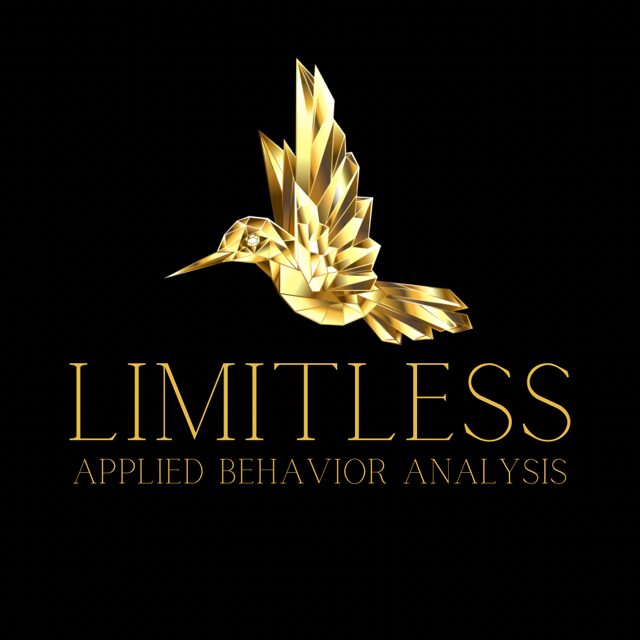
so if you or someone you know deserves recognition please let us know here.

